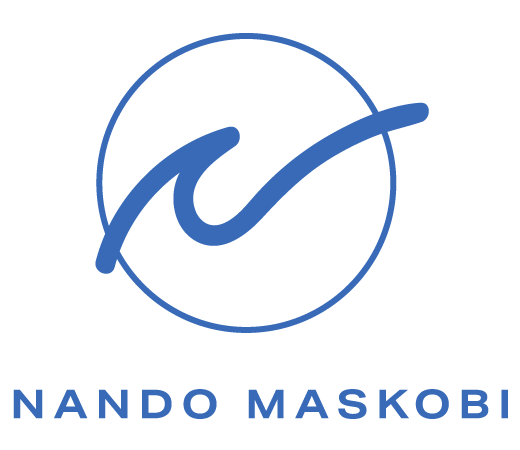Here we are yet again, stuck in the rut of polarization, ideologically torn apart despite the pandemic. Scratch that! Despite the “pandemic” according to some: “measly cold” according to others.
But why do we bicker this much? Why are we so sure of everything? Why is it that we so often refuse to even maintain dialogue with others?
Dialogue: a concept that either no one ever taught us, or, that perhaps no one really knows how to put it into practice. Are we just selfish? Indifferent? Or are we just warm-blooded latinos? All we need is the first source that backs us up and presto: problem solved. Woke. Thief. Savior. Next! We just need to bang pots and pans regardless of whoever is on the receiving end and that’s that.
If we stop and think about it, it really becomes pathetic and superficial, doesn’t it? How many of our political positions actually come from a genuine place within us? Do we really stand up for our core beliefs or just a set of values that reflect our own stories and those who surround us? We are the products of our environments: of the things we read; of the people who surround us; of the things we hear; of our religion, and so forth. But what would we have to give up and what would the moral cost be if we tried seeing things through a different lens?
Hear me out. Right now, at this very moment, while you read this op-ed piece, your understanding of your reality and your thought process are both backed up by the values and experiences you have had up until the present moment. What if tomorrow you have new experiences or encounter new realities that encourage you to change your mind? Would that mean that in the past (i.e. today) you were entirely mistaken? Maybe not. Maybe you just found yourself in a situation that was different from your present situation, and that’s how we grow. From this point of view, being right becomes more remote and maybe even a tad arrogant.
In light of this, can we really be so sure of the things that we preach? Could we really be this separated from one another and polarized by nature? How much of this intellectual abyss actually belongs to humans and how much of it is the product of a flawed and limiting system (beliefs, economic models, religion, education, etc.)?
So many questions, and yet very few answers. For me, what stands out is that all this certainty, regardless of the side it’s coming from, is tiring and it drains our spirits. It’s divisive and it’s destructive. It’s not a reasonable way to live. It’s not admissible.
I heard a podcast this week featuring the philosopher and mathematician Charles Eisenstein, who said that we allow the truth to enter us and when we can find comfort in the words “I don’t know”. As long as we’re so sure of everything, there will never be any space for a new answer to emerge.
Might it not be time to take a step back and try and come to terms with humility? Why is it that we so fervently resist the notion of practicing humility, even if only for a minute? Maybe this simple invitation of mine already stirs up discomfort within you: “But I’m obviously right.” Hold up! Are you really that sure?
It’s possible that when we find ourselves in this state of discomfort we come into contact with the resistance that exists within us. What exactly would it cost us to leave our own comfort zones? May this invitation be a hiatus: an oasis of tranquility in a world as polarized as our current one. Is this the best path there is? I’m not sure. But not being sure contains within it a certain peace.
Originally Published at https://spdiario.com.br/fernando-maskobi-mas-voce-tem-certeza-mesmo/

